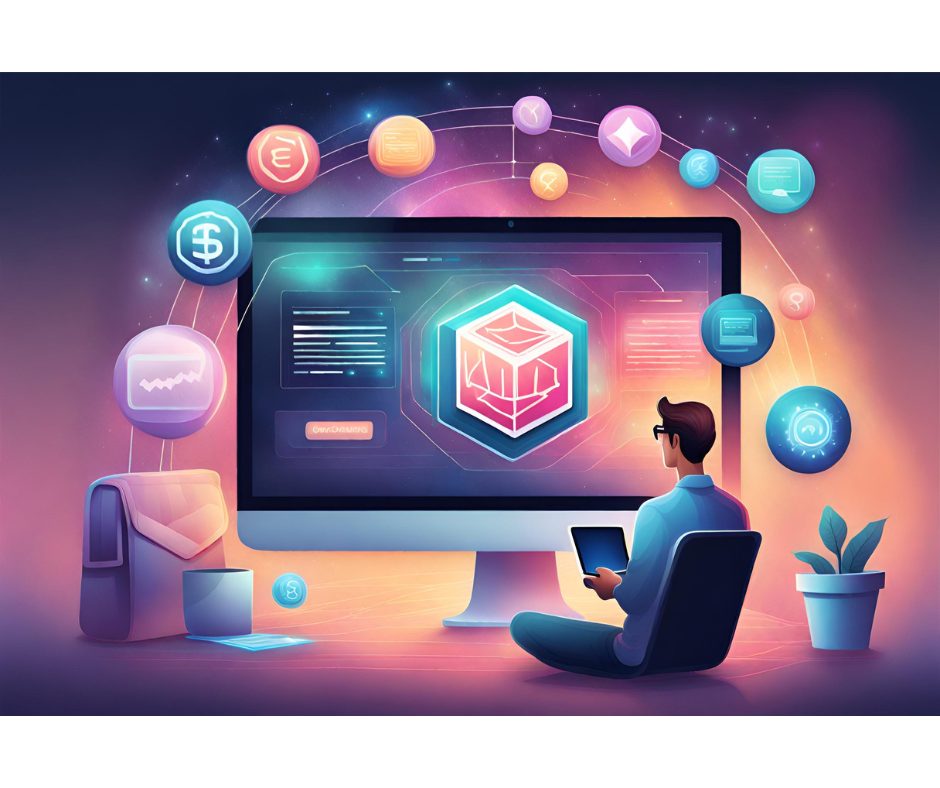By Tony Perrone
Cloud computing. Mobile. Social media. Big data. It’s hard to open a newspaper or industry journal without seeing these terms showing up on a lot of pages.
You may wonder whether you should consider leveraging these new technologies—or whether they’re a bunch of hooey. Either way, you shouldn’t ignore them.
As a management consultant for more than 30 years, I have worked with dozens of clients on business solutions involving IT. I’ve seen that technology megatrends are real, they have value, and, if used appropriately, they can help you innovate effective new business models that could turn your company into a successful market maker.
But put those thoughts aside for a moment. The reality is that these new technologies are best deployed when they augment and leverage an already strong foundation of transactional data—the kind of data that is largely created and managed by your ERP system.
A few years ago, it seemed as though ERP was pretty much a dead topic. Most companies had already been through their selections and implementation—some as long as a decade earlier. However, I have heard a lot of discussion about ERP lately. Why is there a seemingly sudden surge of interest?
Here are some reasons for the increased interest in ERP:
· Businesses can’t ignore technology anymore.
Stagnation in the economy over the past five to 10 years has prompted many companies to pull back on investments, including those in IT. Since then, businesses have realized that they may need to do more than just cut costs. They have watched their applications increasingly fail and are now begrudgingly abandoning many of the best practices described in the outdated playbooks.
Today’s businesses are now willing to try new things and adopt innovative concepts that would better position them for success. Pressure has built up over the years, and so has pent-up demand for newer information systems that would better serve—and, in fact, enable—the new economy
· Technology megatrends have changed the business and IT landscape.
The integration of information systems is easier than ever. Mobile computing has become a de facto expectation of senior executives for nearly every information system, and deployments have accelerated—in part through the adoption of cloud computing.
A company can now launch even enterprisewide applications without having to worry about the cost and time involved in developing its technical infrastructure. What once took months can now be done in days—with little, if any, upfront capital investment.
Real-time monitoring enabled by Web-enabled devices allows a constant stream of telemetry data to feed business intelligence and predictive analyses. And social media has seemingly infiltrated businesses overnight. The IT landscape is constantly evolving, and businesses are struggling to keep pace.
· Businesses are relentless in their pursuit of eradicating boundaries.
Businesses are always looking for ways to remove obstacles between themselves and their customers—and, in some cases, their customers’ customers. They believe that those who can “crack the code” will be best positioned for sustainable success. IT will no doubt play a pivotal role in helping to make this a reality.
Time to Take Stock
Consequently, if you believe your business is ready and able to once again invest in IT, you may wonder where to begin. You may ask yourself: “Should I move my systems to the cloud?” or “Is it time to build a data warehouse?” For some, it might be a good time to take stock, revisit business strategy and refresh their information system plans.
Before embarking down a path, ask yourself: “Does my business have a strong enough foundation of transactional data on which to build strategic applications that create a superior competitive advantage and take advantage of the emerging IT landscape?” Or, more simply, “Does my company need to replace our ERP system?”









